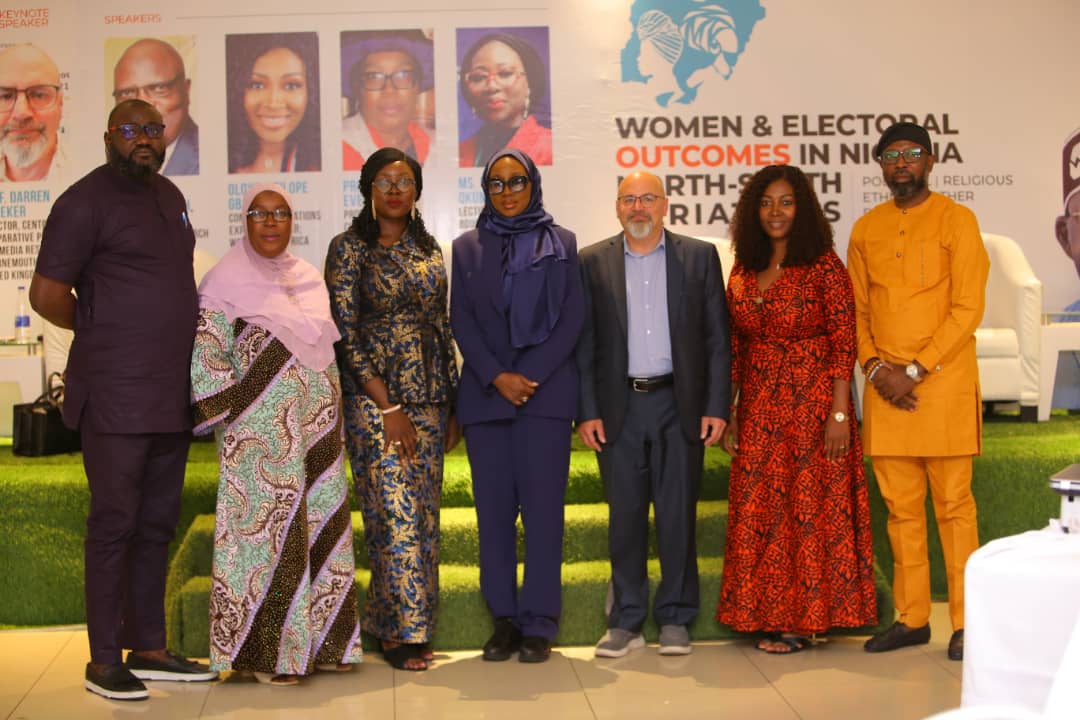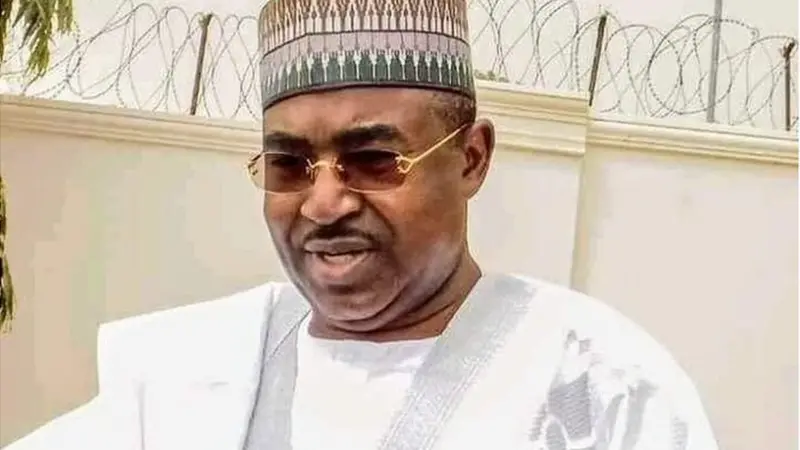
Experts have called for increased participation of women in politics and governance saying their inputs and efforts are critical to Nigeria’s growth and development.
They made the call at a programme for political experts at the Ebony Life Place, Victoria Island, Lagos.
The participants described the six per cent rate of women participation in politics in Nigeria as the lowest in Africa.
Speaking on the theme, ‘Women and electoral outcome In Nigeria, North-South variations’ with special focus on political, religious, ethnic and other differences, Lecturer in Politics, Bournemouth University, United Kingdom and Convener of the event, Omowonuola Okunnu, said: “I have been on this research since 2021, looking forward to the election coming towards 2023, just for us to have an idea of what we had back in history. Understand what is happening now, identify what the issues are. To find out what the implications are. Finally, identify how we can change all of these biases.
“Why am I so passionate about this? It is because it is my research. Secondly, it has to do with women. Thirdly, it is for the awareness of people who don’t really understand what is going on. How they can go about things. Why do women participate so much in campaigns? Why do women participate so much in the electoral chain as well when it comes to women holding offices? Having representatives is quite different.”
She noted that religion plays a vital role in politics in Nigeria and often determines how the southern and northern regions approach issues.
“Talking about the Northern and Southern part of Nigeria, we believe the Northern part has much more Muslims. How about the women there? Are they educated enough, Are they aware enough? Do they understand their rights as voters? Do they know why they should vote? Are they informed enough about voting? These are questions that are quite important for women to understand why they need to vote for someone. Do they understand why this candidate needs to hold that position? Is it for their own betterment or for the betterment of the country?
“A woman in the south will vote for whoever candidate she feels like. Compared to a woman in the North who will wait on religious leaders, husbands or family members before going into politics. In the Northern part, you can’t go into politics out there when you have a man, and this has to do with culture and religion. These are the things people need to understand. Like in Islam, men are right in front, while the women are at the back, but other people perceive this as women being weak. The women have to actually obey their spouses or their religious leaders.”
While stating that many women are relaxed because they believe that they have tried and nothing has been changed, Okunnu urged them not to give up but to equip themselves with more and try to understand the system.
“Women should make themselves available and network, starting from the ward. They should understand the system. You can start from your community. Start by doing something. Let them know who you are. Let them understand that they can trust you if you are put there. They should know that they have a representative that has the capacity to deliver.
In his own submission, Professorial Research Associate, (SOAS) University of London and former Dean of Law, University of Lagos, Prof. Imran Oluwole Smith (SAN), said parliamentarians should be much more objective and be more forward-looking in their outlook on the issue of women in politics.
“The era of patriarchy is gone, they should look and think beyond the box. And what I mean by this, they should look around and see that there are conventions, protocols and so on, to which Nigerians are signatories.
“They should also know that we have our national policy on gender, the same thing with the Independent National Electoral Commission (INEC). So, if you have all these things in place, they are enough to change your mentality and reasoning so that you will be able to give what it takes to implement what those laws and conventions actually dictate.
“Now we discovered that those bills that we have brought to the National Assembly on quota and all that, about three or four were thrown overboard because the men were against those bills.”
Other speakers at the event include Director, Centre for Comparative Politics and Media Research, Bournemouth University, United Kingdom, Prof. Darren Lilleker; Community Relations Expert and Founder, Women Too, Africa, Oloye Titilope Gbadamosi and Professor of Criminology and Gender Studies, Kaduna State University, Prof. Hauwau Evelyn Yusuf.






